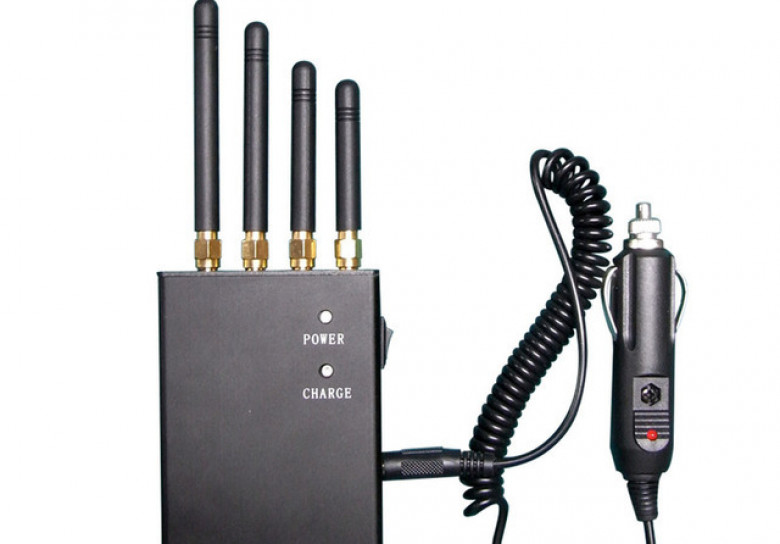GPS jammers and spoofers threaten infrastructure, say researchers
During the GNSS Vulnerability 2012 event at the UK's National Physical Laboratory on Wednesday, experts discussed the threat posed by a growing number of GPS jamming and spoofing devices. The increasing popularity of the jammers is troubling, according to conference organizer Bob Cockshott, because even low-power GPS jammers pose a significant threat to cell phone systems, parts of the electrical grid, and the safety of drivers.
Since cell phone towers and some electrical grid systems use GPS signals for time-keeping, GPS jamming can throw them off and cause outages. "We're seeing a large number of low power devices which plug into power sockets in a car," Cockshott told Ars. "These devices take out the GPS tracker in the vehicle, but they also create a 'bubble' of interference, sometimes out to up to 100 yards. They're illegal, so their quality control is generally not good."
There has also been an emerging threat from more powerful GPS "spoofing" systems, according to Cockshott, who is also the director of Position, Navigation and Timing technology for the UK's ICT Knowledge Transfer Network. GPS spoofing attacks can provide both inaccurate location and time information, potentially creating much larger problems than a dropped call. "There have been incidents where trucks carrying high value goods have been hijacked," he said, "where GPS and cell phones have been blocked."










































































